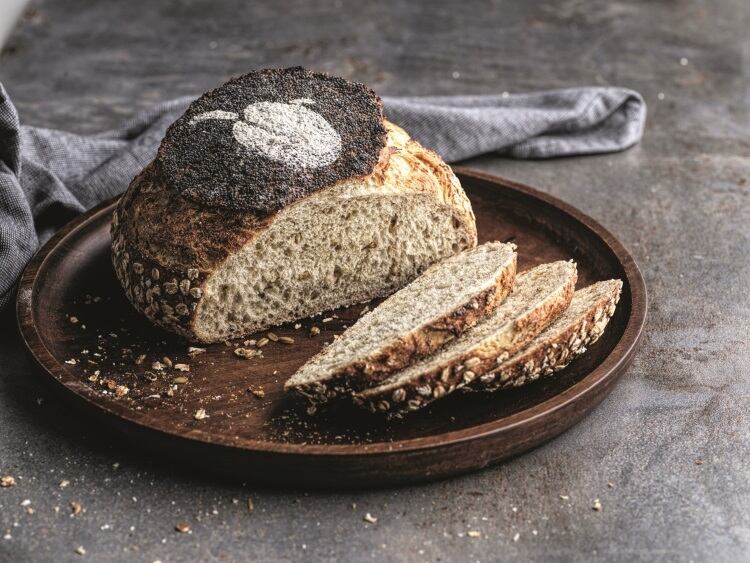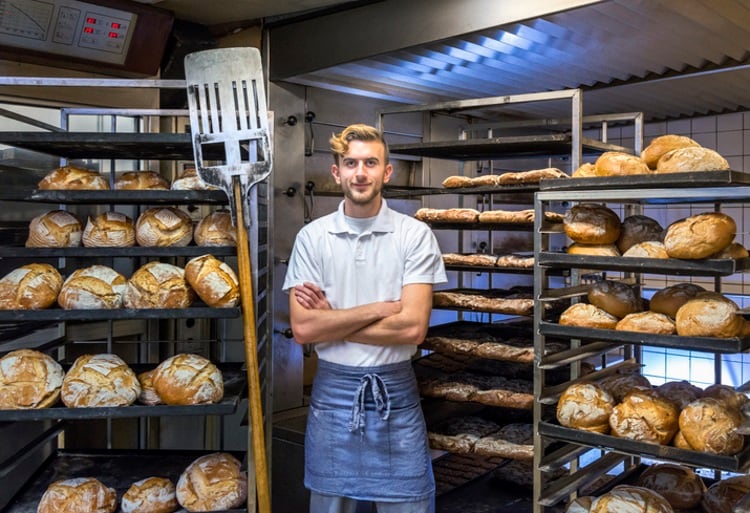The latest UK findings from the proprietary research programme reveals that Brits have morphed from ‘just considering’ healthier options to ‘actively’ reducing fat and sugar in their diets. The health of the planet is just as important and an increasing number of consumers are now rooting out products that claim to do more to preserve the environment – be it sustainably sourced ingredients or responsible packaging.
Punted as the world's largest ecosystem for consumer understanding in bakery, patisserie and chocolate, Taste Tomorrow continually monitors changing trends through the use of digital tech and semantic artificial intelligence (AI) techniques. Data is gleaned from over 17,000 consumers in 40 countries, along with an extensive network of trendsetting foodies and industry experts, and combined with exhaustive sensorial research to identify opportunities for manufacturers.
“Conscious consumerism has had a meteoric rise in recent years and today’s spotlight on climate concerns is accelerating the trend,” said Lydia Baines, patisserie marketing director at Puratos UK.
“As demonstrated by this year’s World Health Day theme – Our Health, Our Planet – a more holistic approach to consumer awareness is gaining traction as the natural synergies between the self and the environment are increasingly recognised.
“From nutrient-rich recipes to responsible sourcing, manufacturers can cater for growing demand for foods that taste good and do good – for the benefit of people and the planet.”
Drilling down the findings
* Functional demand
The Taste Tomorrow research found Brits are increasingly seeking to reduce fat and sugar in their diets, with 59% and 58%, respectively, believing it contributes to better health.
On the other side of the scale, they are also looking for functional and nutritional additions to boost their quest for a healthier lifestyle.
Taste Tomorrow found 59% of Brits are keen on products that improve gut health; 44% are looking for boosts for the immune system; and 41% are seeking out solutions that support mental health.
With the vast array of powerhouse ingredients available – vitamins, minerals, fibre, protein, prebiotics, among others – manufacturers have ample opportunity to capitalise on this trend.
* Eye on ethical choices
Gen Zs and Millennials are more active than older generations in addressing environment challenges, however, today, consumers of all ages and increasingly leaning towards products that do more to preserve the planet.
Taste Tomorrow revealed that 65% of consumers believe food made with local ingredients is better for the environment; 53% claim to be on the hunt for brands that have a proven story of producing with care; and 43% want their treats to be wrapped in sustainable packaging.
The shocking stats about food waste are hitting the mark, and over half of Brits are now interested in brands that claim zero waste. Another 37% are interested in products made from upcycled ingredients.
According to Project Drawdown, preventing food waste is the single most effective solution to prevent global warming of more than 2 degrees Celsius – and a growing number of startups are grabbing this opportunity to make their mark. The Upcycled Food Association (UFA) today has a network of more than 180 businesses from around the world, collaborating to empower consumers to prevent food waste with the products they buy.
Transparency is another key environment criteria for discerning consumers and this is not as challenging as it sounds. According to Puratos, ingredients suppliers can help customers achieve their sustainability ambitions by providing full visibility of the supply chain through, for example, Life-Cycle Assessments (LCAs), which objectively measure the environmental impact of a product throughout its lifecycle.
“These allow manufacturers to make informed, responsible ingredients choices, and also feel confident about the credibility of their own sustainability claims on end products,” said Baines.
* The plant phenomenon
In the past five years, plant-based has gone mainstream, however, 2020 was the year that the trend soared, with 1% of consumers actively describing themselves as vegan, and another 7% adopting the flexitarian lifestyle (49% of Brits bought plant-based options during the pandemic). Analysts now predict the plant-based food market will grow by 11.9% by 2027 and have valued it at $74.2bn.
More than half (51%) of UK consumers agree that following a plant-based diet has positive impacts for the environment, while 43% believe it is way healthier than a carnivorous diet.
Thankfully, industry is motivating when it comes to new developments, and plant-based alternatives to egg, dairy and butter are coming to market that can be seamlessly integrated into baked goods and snacks without compromising on taste or texture. While ticking the plant-based box, these ingedients also allow producers to benefit from clean label and health claims.
* Cost conundrum
The rising cost of living is one of the most pertinent issues today, with UK inflation reaching 4.3% in February 2022. It’s still accelerating and at the time of writing, there’s no end in sight.
This scenario is reflected in the Taste Tomorrow research, which found price to be a major factor in consumer buying behaviour, particularly when it comes to the patisserie and chocolate categories.
This is adding yet another challenge into the mix for manufacturers: to meet environmental and health demands, and do so at a lower cost to the consumer.
However, Puratos claims the ingredients industry is reacting. For example, innovations derived from byproducts of brewery, cereal milling and fruit processing allow bakers to increase the amount of natural, low-cost, upcycled fibre in finished goods, making affordable, nutritional, sustainable treats more accessible to more consumers.
“As conscious consumerism continues its upward trajectory, we will see it evolve and extend further beyond environment into health – and this will be set against a backdrop of rising costs,” added Baines.
“Manufacturers who balance nutritional and sustainability transparency, uncompromising quality, and affordability can reap significant rewards and gain the much-coveted competitive edge in 2022 and beyond.”





